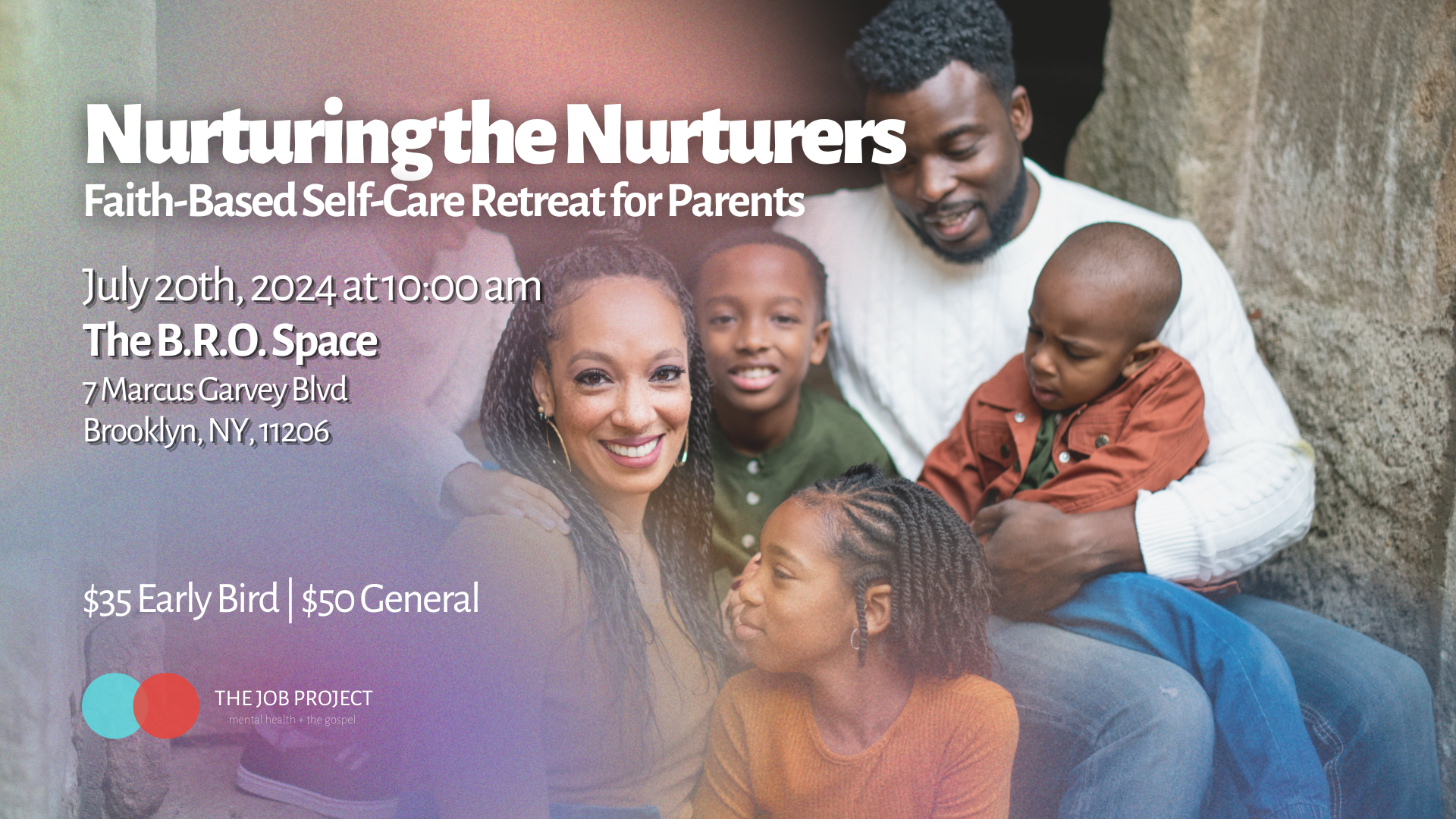Parenting with Confidence: The Power of Self-Care and Self-Compassion
In today's fast-paced world, parenting comes with its unique set of challenges and pressures. As parents, we often juggle multiple responsibilities, leading to stress and self-criticism. However, practicing self-care can significantly improve our physical and mental health. This blog post explores the effects of self-criticism versus self-care on parents, drawing insights from the Parenting Today in Victoria study and offering practical tips for self-compassion.
The Effects of Self-Criticism vs. Self-Care on Parents
The Parenting Research Centre in Australia conducted the “Parenting Today in Victoria” study, collecting data from representative samples of Australian parents in 2016 and 2019. Each year, 2,600 parents, including over 1,000 fathers of children aged 0–18 years, were surveyed. The study provided valuable insights into the strengths, needs, and experiences of parents.
While many parents (39%) felt they were not hard on themselves as parents, just over one-third (37%) felt they were. The study found a significant connection between self-criticism and poorer physical and mental health. Parents who practiced self-care had better physical and mental health, reduced fatigue, and felt more skilled and confident in their parenting roles. However, only about half of the parents surveyed (55%) regularly practiced self-care, while almost a quarter did not.
Parents who practiced self-care had better physical and mental health, reduced fatigue, and felt more skilled and confident in their parenting roles.
Self-criticism interferes with human flourishing and supports maladaptive coping strategies. It is destructive across clinical disorders and interpersonal relationships. Therefore, reducing self-criticism and increasing self-care can have profound benefits for parents.
Self-Criticism as a Spiritual Issue
Self-criticism is not only a mental health concern but also a spiritual issue. Our self-talk frames our reactions to life and its circumstances, shaping how we relate to God and others, including our children. Many spiritual heroes, such as Sarah and Abraham, David, Elijah, and Peter, faced significant moral and spiritual challenges but did not resort to self-criticism when they realized their mistakes.
The Bible does not advocate for beating ourselves up over sins and failures. Instead, it encourages focusing on positive and virtuous thoughts. Paul, despite acknowledging his sinfulness, did not berate himself. He urged his readers to think about what is true, noble, right, pure, lovely, and admirable (Phil 4:8). He even went as far as to say he gave up self-judgment (1 Cor 4:3).
The Bible does not advocate for beating ourselves up over sins and failures!
Self-criticism makes us uniquely vulnerable to negative influences, interferes with God's call for us to love ourselves, and hinders our ability to rest in God's acceptance. It fosters an unhealthy self-focus, which is ultimately a selfish choice compared to practicing self-compassion and self-care.
How to Be Compassionate
Mindfulness: Being present in the moment helps us acknowledge our feelings without judgment. Mindfulness practices can include deep breathing exercises, meditation, or simply taking a few moments to focus on your surroundings.
Self-Kindness: Treat yourself with the same kindness and understanding you would offer a friend. Acknowledge your efforts and remind yourself that it's okay to make mistakes.
Self-Care: Prioritize activities that help you relax and re-energize. This can include hobbies, exercise, reading, or spending time with loved ones. Regular self-care practices can improve your overall well-being and enhance your ability to parent effectively. (We have a tool to help you discover this very thing!
Balancing parenting responsibilities with self-care can be challenging, but it is crucial for your well-being and the well-being of your family. By reducing self-criticism and practicing self-compassion, you can improve your physical and mental health, feel more confident as a parent, and provide a nurturing environment for your children.
Want More?
For more tips on self-care, check out our self-care plan template in our freebies section
Additionally, don't miss our upcoming event focused on self-care for parents, Nurturing the Nurturers, happening on July 20th!
Register here to join us and learn more about nurturing yourself while navigating the journey of parenthood.


